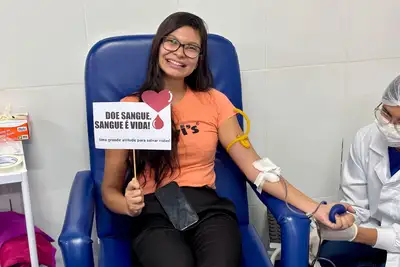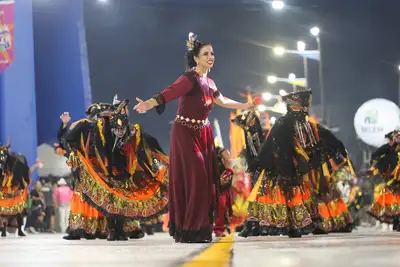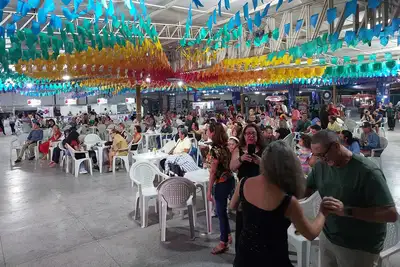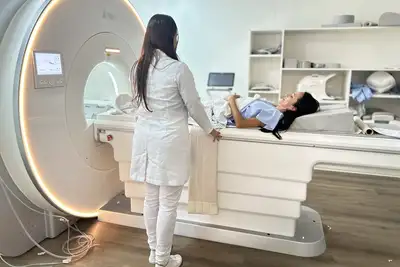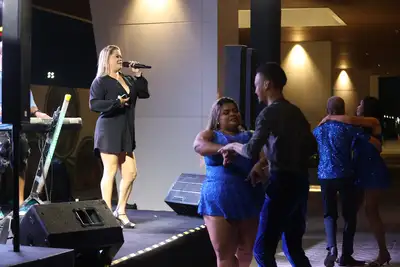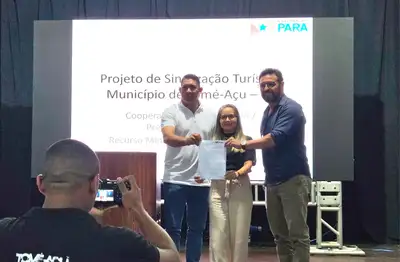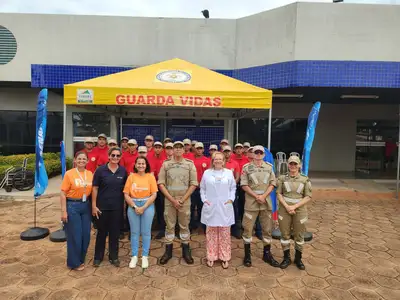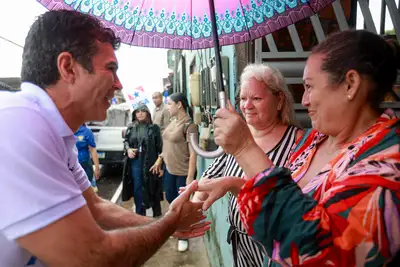The State of Pará expands dialogue with quilombola leaders in preparatory meeting on the SJREDD+ public policy
The meeting aimed to clarify doubts, listen to demands, and consolidate the joint construction of the public policy
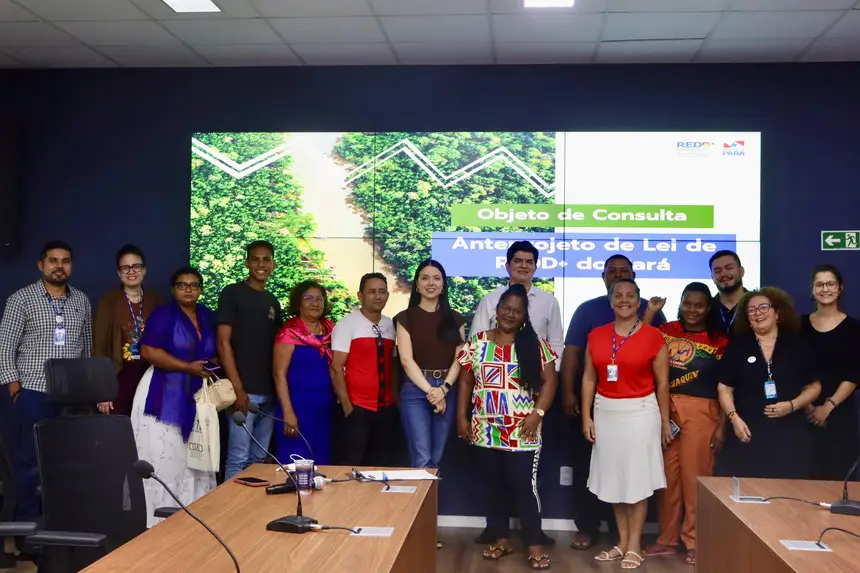
The State Secretariat for Environment, Climate and Sustainability (Semas) reinforced the participatory nature of the Jurisdictional REDD+ System in Pará by promoting a preparatory meeting with quilombola communities from the Guajarina and Tocantina regions from October 1 to 3. The meeting aimed to clarify doubts, listen to demands, and consolidate the joint construction of the public policy, ensuring that the process advances with transparency, dialogue, and the protagonism of the involved communities, in addition to presenting the main points related to the process of Free, Prior and Informed Consultation (CLPI) about the system.
According to the Deputy Secretary of Water and Climate Management at Semas, Renata Nobre, the moment was built to ensure safety and clarity for the quilombola communities. “The need to create this informative space before the consultations arose precisely to clarify fears and doubts. Many leaders still had questions, and this meeting allowed us to demystify concerns and reinforce that this is a public policy, built in a participatory manner and that foresees benefits, but without mandatory adherence,” she emphasized.
Renata Nobre also explained the difference between the preparatory meeting and the CLPI. “At this moment, there was no consultation or request for consent. It was a stage of presentation, reinforcement of information, and dialogue. Thus, when we reach the CLPIs, the communities will already have a greater understanding of the contents and will be able to contribute more securely to the construction of the policy,” she highlighted.
The agrarian public prosecutor of the Public Ministry of Pará (MPPA), Herena Maués, attended the meeting and reinforced the importance of the initiative. “During these three days of preparatory meeting, the MPPA, through the Operational Support Center for Human Rights and Agrarian Prosecution, accompanied the presentation of the proposal for the construction of the Jurisdictional REDD+ by the Semas technical team. Crucial considerations were made regarding doubts and implementation specifics in quilombola regions, access to public policy, and benefit sharing. The MPPA reaffirms the protagonism and self-determination of peoples and communities over their territories and their effective participation in decisions that involve them,” she stated.
The quilombola leaders also evaluated the experience positively. Luzia Mendes, from the quilombola community of Engenho in Baião, and regional coordinator of Tocantina, emphasized that “participating in these three days was very enriching because we expanded our knowledge and better understood the advantages and benefits that could reach the quilombola territories. I felt represented by all the speeches and explanations presented, and now I will take this feedback to my community and the region I represent.”
Meanwhile, Marlene dos Santos, from the quilombo Mariquita Vila Socorro in Tomé-Açu, highlighted the strengthening of dialogue. “Representing my community during these three days was very important because we were able to better understand the process and bring this knowledge back to our territory. The discussions help us seek solutions to the impacts of climate change, which directly affect our reality. I believe the next step is to further strengthen the dialogue with the communities,” she reinforced.
The program included panels on the construction of the Jurisdictional REDD+ in Pará, benefit sharing, safeguards, access mechanisms, and subprograms. There was also space to address the specific demands of the communities from the two regions.



